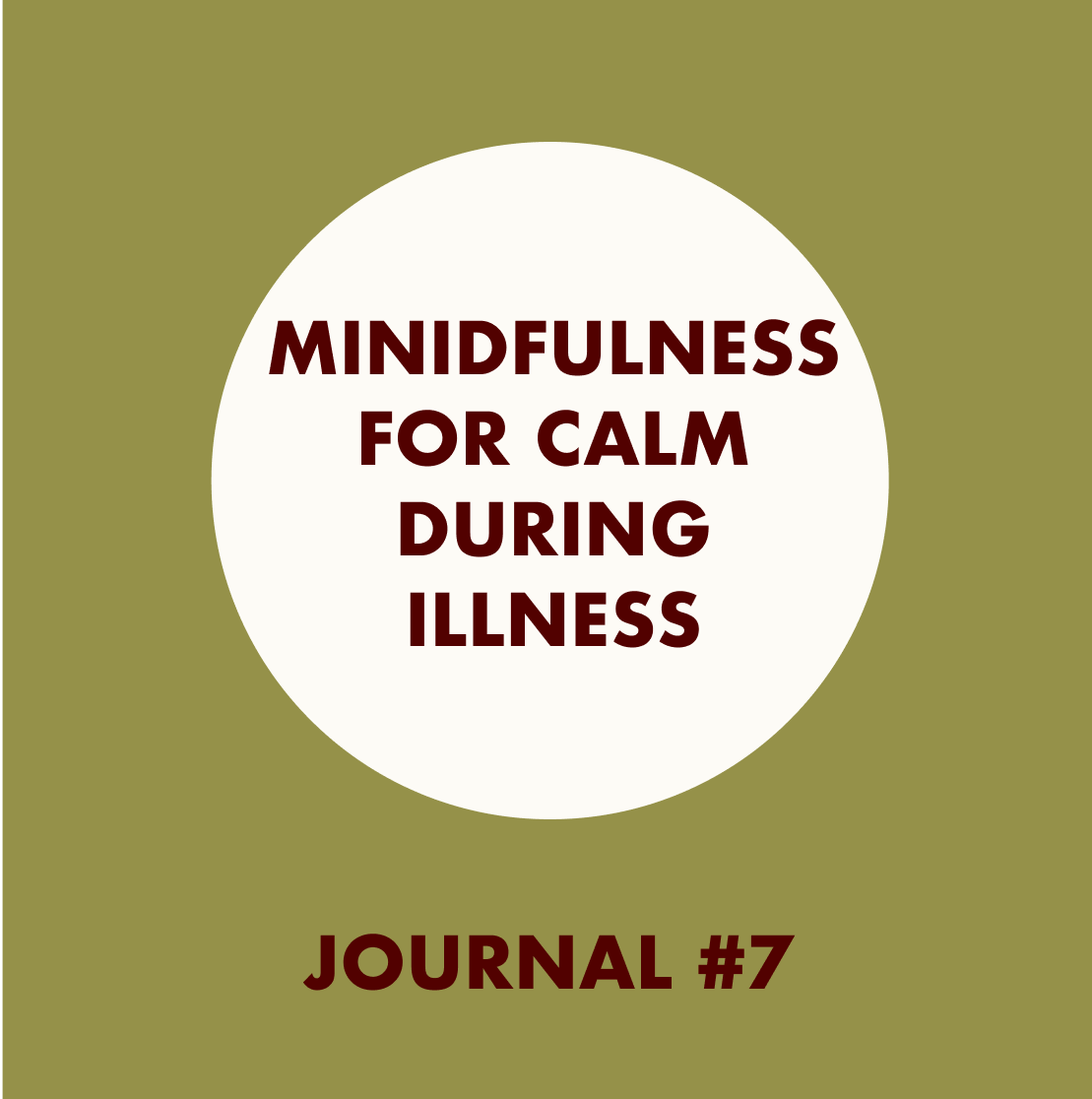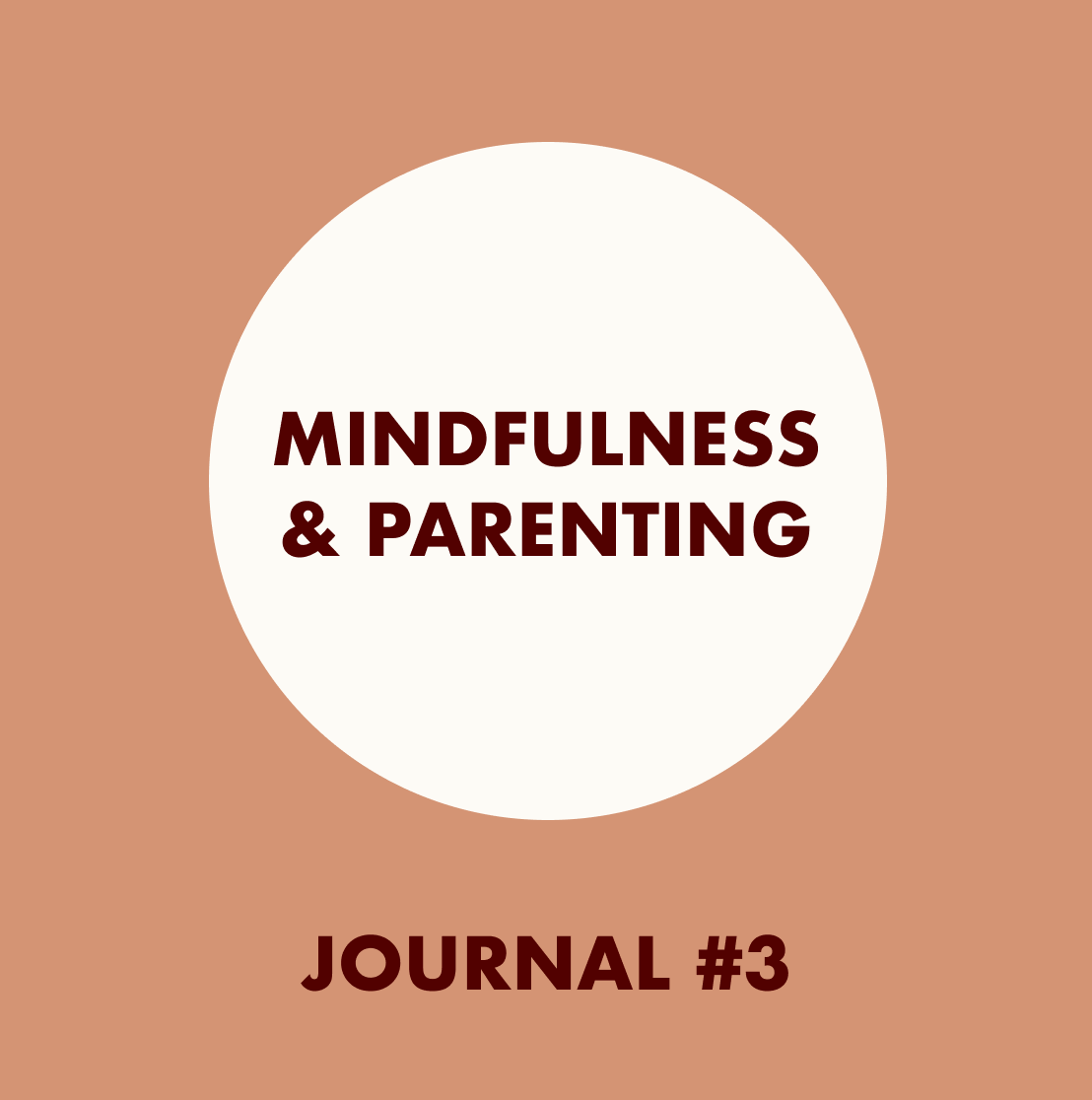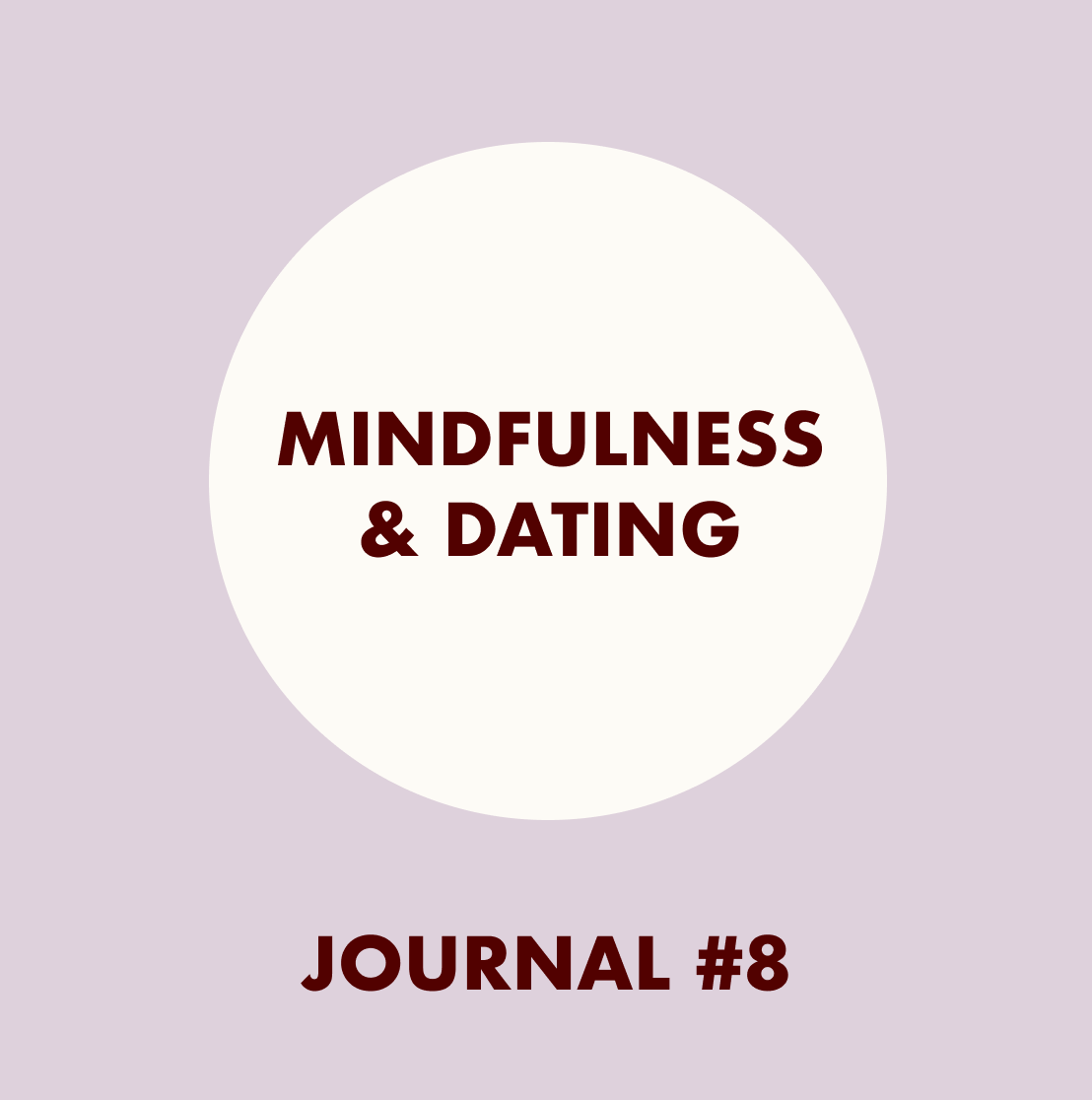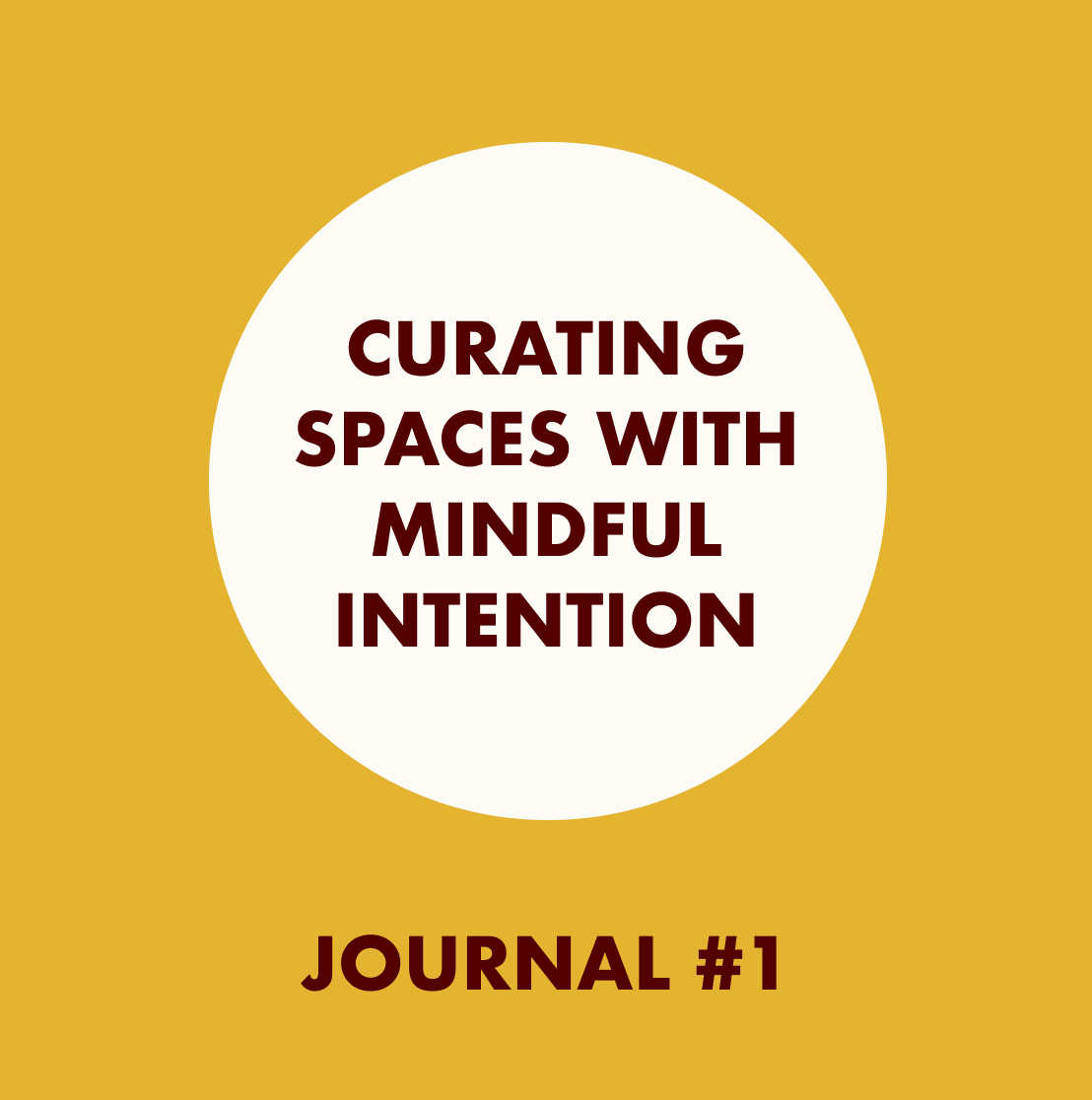When my dad was diagnosed with brain cancer, our world felt like it had shifted in an instant. The overwhelming fear, uncertainty, and the constant race to find answers often felt suffocating. But through that time, mindfulness healing practices helped me ground myself, slow down, and focus on one day at a time—sometimes one breath at a time. I’ve learned that when we stop racing ahead and allow space for stillness, healing can come in more ways than we imagine. Whether you’re a patient facing illness or a caregiver supporting a loved one, I want to share how mindfulness can be a source of comfort and calm during these difficult times.
- Positive Visualisations for Healing
The power of the mind in the healing process cannot be overstated. Visualising yourself or your loved one in a state of health, strength, and peace can shift your mindset from fear to hope.
- Practice: Close your eyes and imagine yourself in a peaceful, healing place—a favourite beach, a sunny garden, or a quiet forest. Picture yourself bathed in warmth and light, feeling calm and strong. See your body or your loved one’s body becoming more vibrant with each breath.
- Benefit: Positive visualisations have been shown to reduce stress and even improve physical outcomes by promoting relaxation and a sense of control.
- Affirmations to Cultivate Hope
During long-term illness or hospital stays, it’s easy to feel disheartened. Simple, heartfelt affirmations can bring moments of strength and hope.
- Practice: Speak or think affirmations such as, “I am surrounded by love and healing,” or “My body is doing its best to heal each day.” For caregivers, “I offer love and support with an open heart, and I give myself permission to rest and recharge.”
- Benefit: Affirmations help reframe negative thoughts, offering peace and patience in moments of fear or frustration.
- Setting Intentions for Self-Love and Care
In challenging times, self-love is essential for both patients and caregivers. By setting an intention each day, you create a small but powerful anchor.
- Practice: At the start of the day, set a loving intention for yourself or your loved one. “Today, I will be kind to myself and rest when I need to,” or “Today, I will accept support and care from those around me.”
- Benefit: Intentions allow you to focus on small, meaningful actions each day, which can be healing for the mind and body.
- Breathing for Calm and Grounding
One of the simplest and most accessible mindfulness healing tools is the breath. When stress or anxiety arises, especially in the context of illness, pausing to breathe deeply can offer immediate relief.
- Practice: Try 4-7-8 breathing—inhale for 4 counts, hold for 7, and exhale for 8. Let your breath be slow and steady. Repeat this for a few rounds, and notice how your body begins to relax. However, if this feels too demanding, simply bring your awareness to your natural breath. Notice its rhythm without trying to change it, and allow yourself to be present with each inhale and exhale.
- Benefit: This technique helps activate the body’s relaxation response, calming both the mind and the nervous system. Even just becoming aware of your breath can help you feel more grounded and at ease.
- Meditation for Presence
It’s easy to become consumed by worry about the future or what’s coming next. Meditation brings us back to the present moment, where we can find peace in simply being.
- Practice: A short body-scan meditation can help bring awareness and relaxation to different parts of the body. Starting from the top of your head, gently move your attention down through each part of your body, noticing any sensations without judgment. For caregivers, this practice can be done during a quiet moment to reconnect with your own body and mind.
- Benefit: Meditation creates space for acceptance and presence, allowing you to move through difficult moments with greater ease.
- Pausing for Rest and Reflection
In the midst of caregiving or treatment, it’s vital to allow yourself moments to pause and reflect. These pauses can become moments of stillness that provide the space to recharge.
- Practice: Set aside a few minutes each day to pause, close your eyes, and simply notice your surroundings. Perhaps focus on the sound of birds outside, or the gentle hum of the room. Give yourself permission to be still, without needing to “do” anything.
- Benefit: Pausing regularly helps prevent burnout for caregivers and encourages patients to allow their bodies the rest they need for healing.
- Self-Care for Caregivers
As a caregiver, it’s easy to forget your own needs when caring for someone you love. But in order to offer the best care, you must also care for yourself.
- Practice: Schedule regular time to check in with yourself. Whether it’s taking a walk, enjoying a hot bath, or reading for a few quiet moments, give yourself permission to step away and refuel. Remind yourself that you are doing enough.
- Benefit: Caring for yourself ensures that you have the energy and resilience to continue providing care, without falling into exhaustion or overwhelm.
- Mindful Support Through Compassion
Illness can bring feelings of isolation, both for the patient and the caregiver. Mindful compassion—toward yourself and others—can foster connection and alleviate these feelings.
- Practice: When offering support, pause and consider, “How can I be present for this person in this moment?” Sometimes it’s a kind word, a simple touch, or just sitting quietly together.
- Benefit: Mindful compassion fosters deeper connection and brings comfort to both the caregiver and the patient, reinforcing the bond of love and care.
Why Mindfulness Matters
Mindfulness helps us stay connected to the present, one day at a time, without getting lost in fears about the future. It also offers a way to process emotions, release tension, and be kind to ourselves in the hardest moments. Studies have shown that mindfulness reduces stress, improves well-being, and promotes a greater sense of peace during difficult times.
If you’re looking for more support, the 5-minute Micro Meditations by Mindful Spaces are perfect for those moments when you need a quick reset. Whether you’re by a hospital bed, caring for a loved one, or needing a moment of calm for yourself, these meditations can provide peace and grounding in just a few minutes.
Remember, healing is not always linear, but every mindful moment helps. Take things one step, one breath, and one day at a time.



